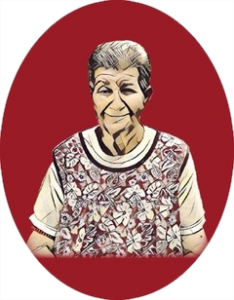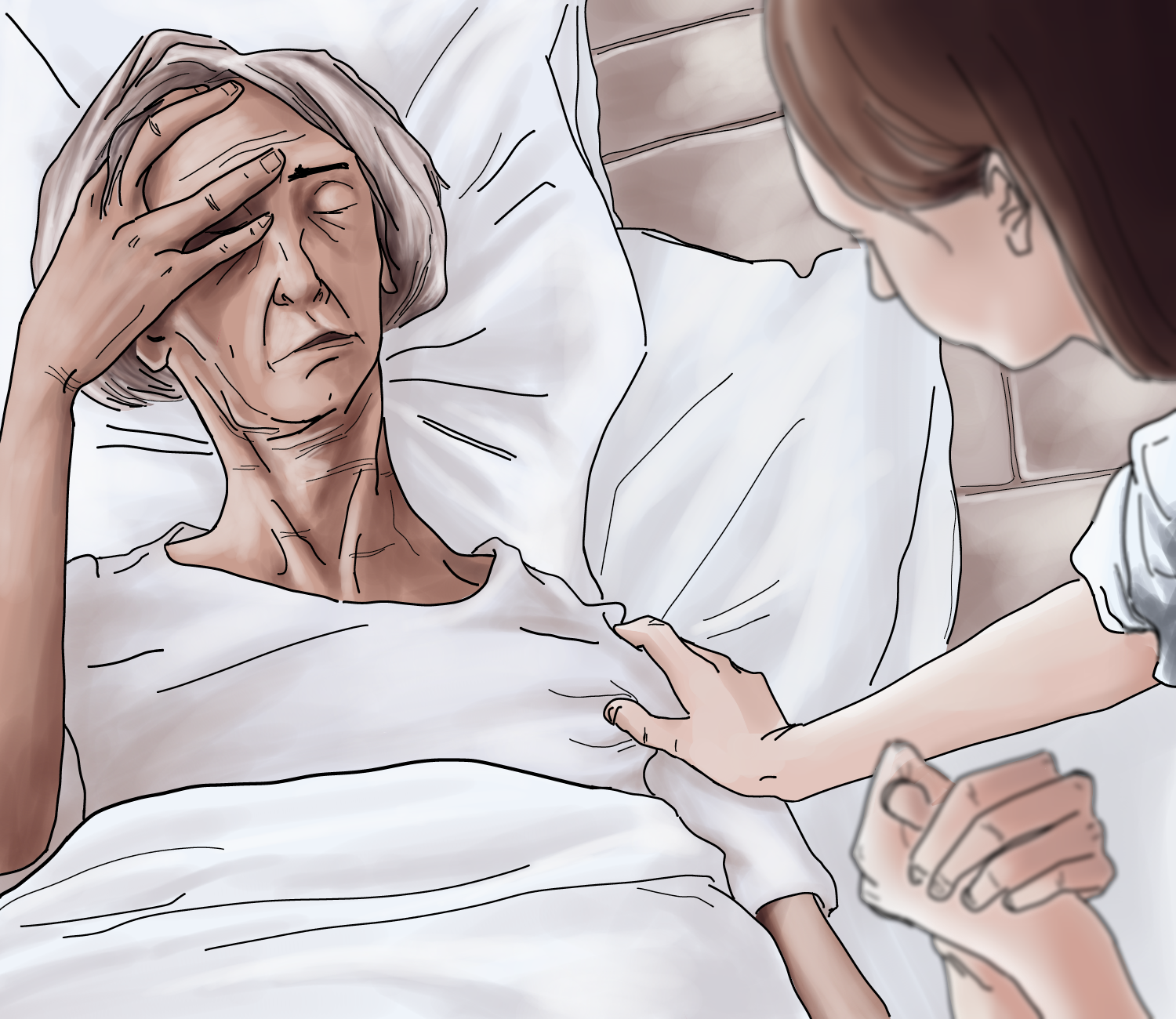by Ethan P
When an elderly loved one begins to show signs of confusion, we might suspect it being the onset of Alzheimer’s or some other form of dementia. These concerns are shared by many and while these memory disorders are common in the public conversation, it is important to consider that there are other possible causes for memory impairment in seniors. One such culprit is confusion caused by a urinary tract infection, or UTI.
Urinary Tract Infection (UTI): an infection in any part of the urinary system–kidneys, bladder, ureters, and urethra.
What Are the Signs & Symptoms of UTIs in Seniors?
For an average adult the common signs, and symptoms of a UTI are physiological and can be visually recognized. These include the following:
- Hematuria (blood in urine)
- Fever
- Increased urination frequency and urgency
- Urine has cloudy appearance
- Nausea
- Pain, burning sensation when urinating
What makes UTIs especially dangerous in the elderly population is often they will not exhibit the physical symptoms seen in younger adults. As a result, the UTIs might go undetected for prolonged periods of time by both the senior patient as well as any caregiver. Additional psychological symptoms can begin to develop and any combination of these can give off the false impression of dementia:
- Hallucinations
- Memory Loss
- Violent outburst or yelling
- Delusions
- Agitation, restlessness
- Difficulty concentrating
(Note that not all of these symptoms may be present, and their intensity may change over time.)
How To Help Prevent UTIs in Seniors
The following are some healthy practices that can be done by senior patients, caregivers, and family members alike to lower a senior’s risk of contracting a UTI. There may be topics that are deemed taboo between certain parties but honest, open communication between seniors and their care takers could make the difference and help prevent a UTI in the future:
- Encouraging good hygiene—washing regularly and caring for equipment like catheters
- Promoting the daily drinking of water and limiting frequent consumption of alcohol and caffeine
- When cleaning up in the restroom, wiping from front to back
- Encouraging the usage of the restroom periodically and/or checking for soiled materials periodically
If the symptoms are addressed early and the senior patient had no previous memory impairment disorder, the delirium caused by a UTI should subside eventually. Knowledge on this subject is key for both seniors as well as their caregivers. It is important to explore all possibilities for changes in a senior’s mental state, including physical causes that are not as well known. Hopefully this information finds you well and you are better equipped to identify and help prevent UTIs in the seniors you care for!

